W HEN MY AGENT approached me about writing a book about reading aloud, I was intrigued.
Reading aloud to a child is incredibly important, intimate, and life changing! I knew this because of my own experiences reading aloud to my three children, and the memories of snuggling in bed with my mom and younger brother as she read to us, every night (usually a Berenstain Bears book).
I didnt fully know the impact of reading aloud, because it was a natural part of my own childhood. Then I started doing my own research, exploring the different techniques and routines, and I read Every Word Counts, written by Caroline Blakemore and Barbara Weston Ramirez. The book they wrote is a phenomenal exploration of how and why we should read aloud, making this practice accessible to all parents, grandparents, and older and younger siblings. It was the catalyst and inspiration for this project, and I am grateful to them for allowing me to continue their original discussion on reading aloud.
Though many sections of this book are built from my own research and new, innovative studies of how reading aloud affects childrens development (and our brain development through old age), I have also, at Caroline and Barbaras request, included and expanded on the framework they established for thinking about the stages of reading aloud from birth to 2 years old. Caroline and Barbara were pioneers in the field of early literacyunderstanding, researching, and teaching that reading aloud begins at birth.
This framework of the stages of reading aloud has been greatly updated to reflect recent research and strategies that are important for a new generation of parents. Much has changed since Every Word Counts was originally published, including the types of books we read, where we read, whom we read with, and the ways in which we engage with technology while reading aloud. I hope that this book honors their original work and shows that the power of reading aloud will never diminish.
I would also like to express my deep appreciation and gratitude to Dr. Denis Evans, Dr. Charlie DeCarli, and Dr. Kumar Bharat Rajan (my husband!), who invited me to be a part of their research into how being read to at a young age supports better brain health in old age. This research is critical for furthering our understanding of why reading aloud to young children is so important.
In the past decade, much new research has emerged on how to read aloud to children, why we need to, and the ways in which it supports childrens brain development, language development, and social-emotional development, along with various other factors.
I would also like to thank my editor Michelle Williams at Chicago Review Press for seeing the potential in the original proposal, managing editor Devon Freeny for excellent edits, and my agent, Lilly Ghahremani, for trusting me with this project. Im also grateful to Lilly for coming up with such a great title! And I want to thank Mrs. Linda Lowery and Mrs. Margie Aker for sharing wonderful conversations on how reading aloud to children at home and in school has shaped their own lives.
As an arts educator, I also wanted to show how music and art are integral to the read aloud experiencea perspective that is new but vital to supporting a childs whole development. And because I have been raising three young children in a multilingual home, I felt it vital to recognize that our households have changed. We are not all from single-language homes anymore. Our classrooms and communities are filled with the languages of the world, and so our books and read aloud experiences should be too.
Perhaps the greatest change is how we once believed technology was detrimental to our childrens developmentraising my three young children in a pandemic showed me that in some ways technology actually gives our children an advantage. The quotes and anecdotes throughout this book are all real conversations or stories. One of my favorites is a conversation I had with a second-grade teacher who taught for nearly 40 years and always spoke of how you are never too old to read aloud, a philosophy I share deeply.
I am so grateful to share this project and the exciting new research on how reading aloud changes the shape of our brains, as well as new ways for a new generation of parents (and parenting) to read aloud at home.
Thank you for reading.
INTRODUCTION
E VERY PARENTNEW, EXPECTING , or seasonedremembers that flood of emotions that envelops you, dizzies you, carries you, and cheers you on when you realize you are going to have a baby.
Now what?
Before you know it, you have a newborn who needs constant attention, feedings, diaper changes, hugs, kisses, burpings, baths, more diaper changes, spit-up cleanups, and so on. You wake up in the middle of the night for more of the same.
Or perhaps you spend most of your days chasing your toddler, keeping her from leaping off the couch, or playing hide-and-seek. Or your child is turning three, getting ready for the big p... preschool. Still, you have loads of laundry and are years behind on sleep, so its common to focus on mere survival. And who can blame you? Research has shown that in the first three years of their childs life, parents are focused less on enrichmentthat is, reading, spelling, math, and writingand more on survival. (Of course, this focus can change in response to certain crises, such as during the pandemic, when 75 percent of parents of young children felt a stronger need to lead educational activities at home.)
How to prepare your child for kindergarten, much less adulthood, is probably not at the top of your list when you carry that baby into the house, bundled up in a car seat. When you can barely think about next week, five years can seem like an eternity! Before you know it, the months will go by; your precious little one will be walking, talking, going to preschool, and suddenly starting the first day of kindergarten. Just as your baby needs to be fed, held, loved, and nurtured, remember that you also play the most important role in shaping your childs language growth and brain development.
 Brainy Baby: You are your childs first teacher! The more you read aloud, the more your baby hears your voice. And the more your baby watches you read, the more your child will love reading too!
Brainy Baby: You are your childs first teacher! The more you read aloud, the more your baby hears your voice. And the more your baby watches you read, the more your child will love reading too!
Research has shown that children are watching adults and their reading habits, I love to compare this to how my husband drinks carrot juice every day. Before this was a trendy drink, our oldest son (Jagan, who was four at the time) would watch him and then ask to drink from Dads cup. He was the only child in his preschool who would bring carrot juice for shared snack day. Many children (and their teachers) asked what this strange drink was, tried it, and ultimately threw their cups away. What we know is that our children are watching us and will model our behaviors, whether it is cleaning, reading, or drinking carrot juice.

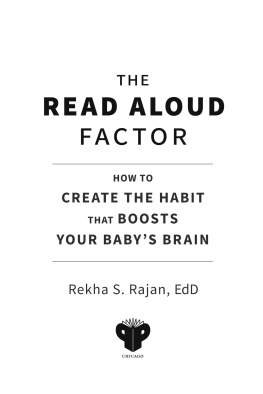

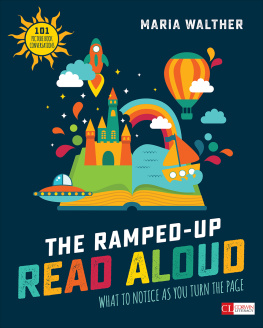
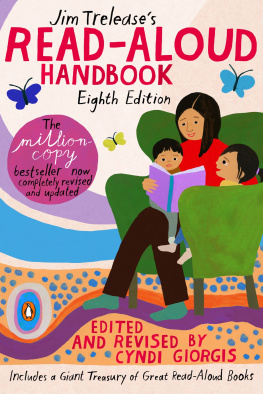
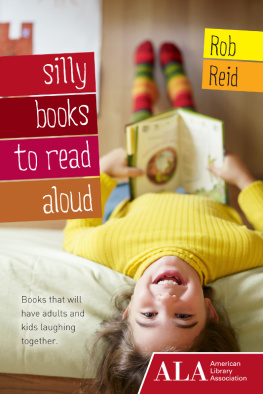
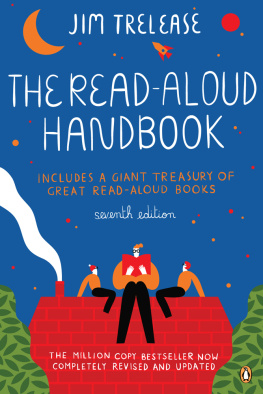
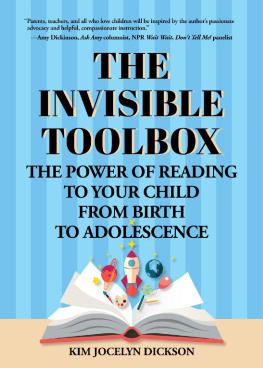
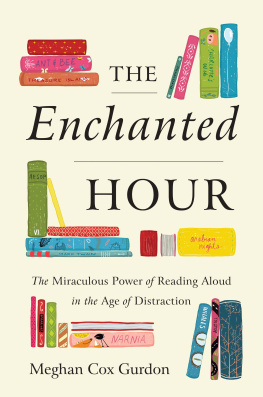
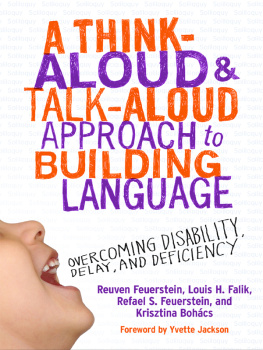
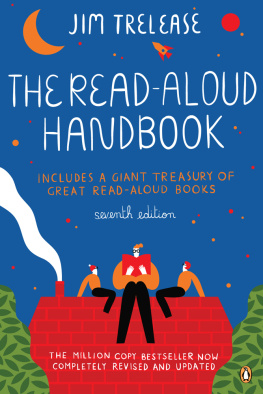
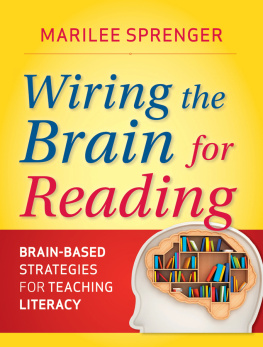
 Brainy Baby: You are your childs first teacher! The more you read aloud, the more your baby hears your voice. And the more your baby watches you read, the more your child will love reading too!
Brainy Baby: You are your childs first teacher! The more you read aloud, the more your baby hears your voice. And the more your baby watches you read, the more your child will love reading too!